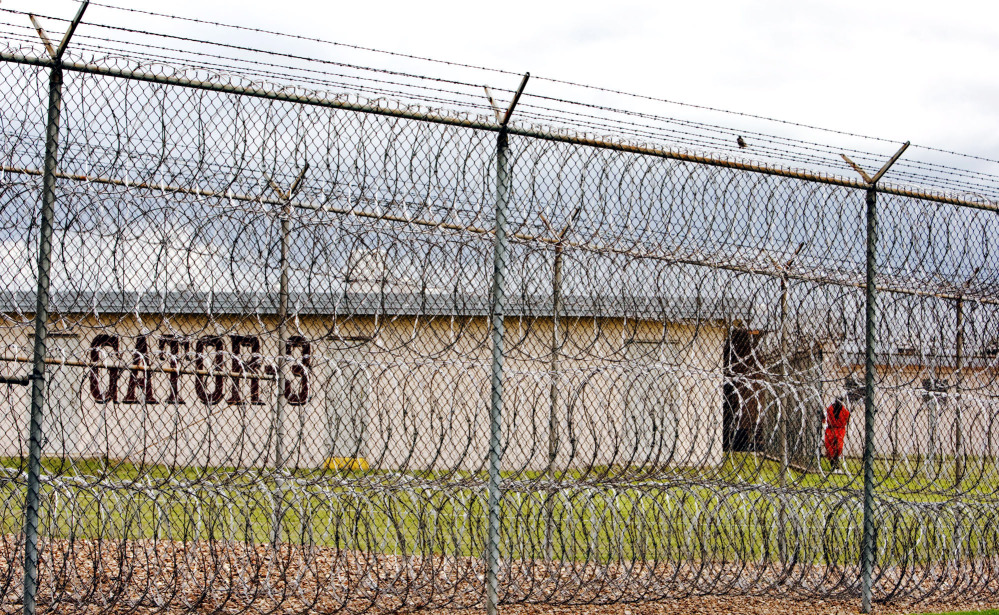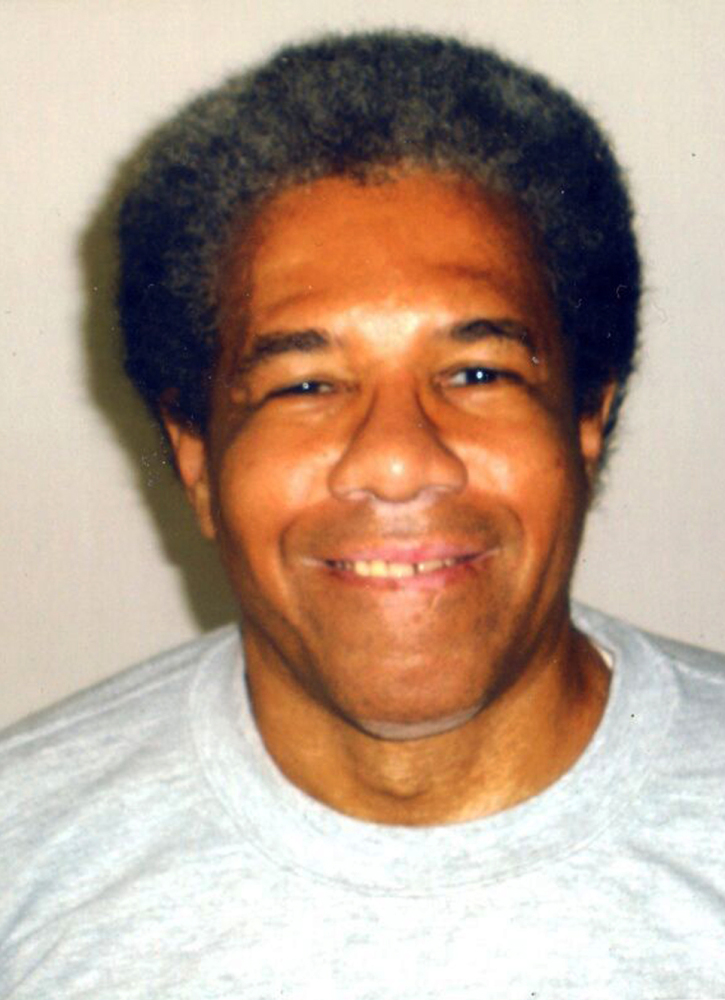NEW ORLEANS — Louisiana’s attorney general is insisting on a third trial for the last of the “Angola Three,” calling the prison activist who spent decades in solitary after the killing of a guard in 1972 “the most dangerous person on the planet.”
A federal judge ruled this week that Albert Woodfox must be freed immediately, saying the state has never proved – and never will – that he was responsible for the stabbing death of Brent Miller 43 years ago.
So what exactly does the state have on this armed robber who organized a Black Panther Party chapter to challenge the brutal conditions inside the sprawling Louisiana State Penitentiary?
Woodfox’s story has been a staggering tale of inconsistencies, witness recants, rigged jury pools, prison violence, racism and political intrigue.
And none of it has brought justice to Miller’s widow, Teenie Rogers, who said Thursday: “I think it’s time the state stop acting like there is any evidence that Albert Woodfox killed Brent.”
Her statement was issued by a team of advocates for Woodfox, who came within hours of freedom this week before the U.S. 5th Circuit Court of Appeals stayed his release while deciding whether to accept the state’s appeal.
Her sweetheart’s death the morning of April 17, 1972, remains one of the most notorious events in the long bloody history of the prison farm.
Prison officials said Woodfox was the instigator, grabbing Miller from behind while others stabbed him. But key aspects of the crime have remained mysterious.
The Associated Press covered the crime that day, reporting that Deputy Warden Lloyd Hoyle said the killing happened while only a few inmates were in the dormitory.
“There was an abundance of physical evidence available at the crime scene in 1972, but not one piece of physical evidence incriminated Mr. Woodfox,” wrote U.S. District Judge James Brady.
Particularly disturbing are lingering doubts about the state’s star witness, sex offender Hezekiah Brown who was later discovered to have received “inducements,” the judge said.
At the second trial, in 1998, former warden C. Murray Henderson acknowledged that he had promised to help Brown get a pardon – a promise ultimately fulfilled by Gov. Edwin Edwards in 1986.
Both of Woodfox’s convictions were overturned on appeal for reasons including juror misconduct and racial prejudice. The state says these problems were merely procedural.
Send questions/comments to the editors.




Comments are no longer available on this story